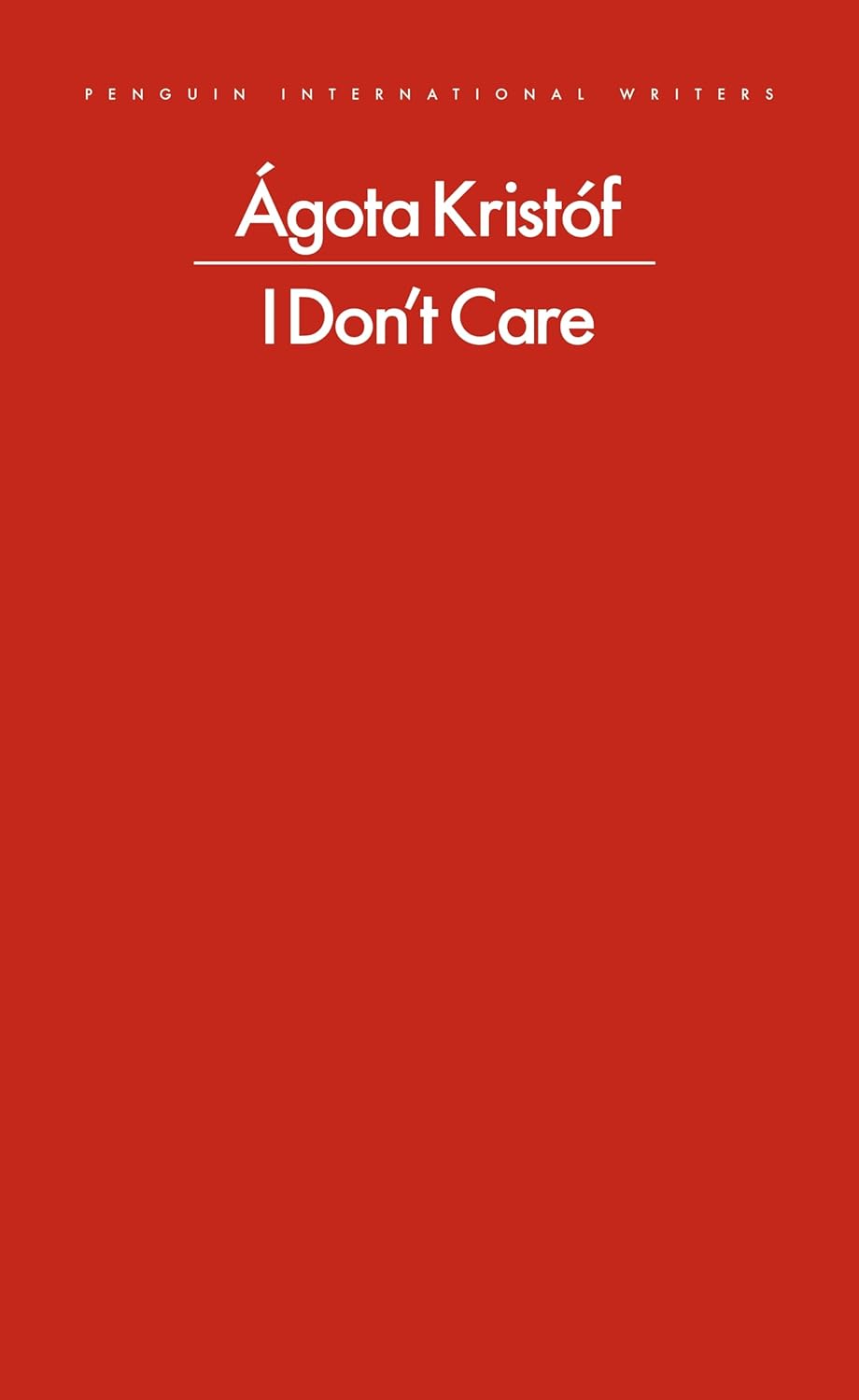Her descriptions—of those with whom she escaped and whose sense of isolation eventually leads them back to Hungary even at the cost of their lives, as well as those whose sense of despair brings them to suicide—offer an uncomfortable insight into the extreme vulnerability of those obliged to seek asylum abroad.
— Eimear McBride, Times Literary Supplement
Never before translated short stories―“stark and haunting” (San Francisco Chronicle)―by the legendary genius Ágota Kristóf
Here, in English at last, is a collection of Ágota Kristóf’s short―sometimes very short―stories, which she selected herself, translated by the peerless Chris Andrews. Written immediately before her masterful trilogy (The Notebook, The Proof, The Third Lie), Kristof’s short fictions oscillate between parable, surrealist anecdotes, and stories animated by a realism stripped to the bone, often returning to the theme of exile: the twin impossibilities of returning home and of reconstructing home elsewhere.
The world of the book has very hard edges: cruelty is almost omnipresent, peace and consolation are scarce. Austere and minimalist, but with a poetic force that shifts the walls in the reader’s mind, Kristof’s penetrating short fictions make for extraordinary and essential reading.
Pure genius.
— Max Porter
Mischievous and mournful… moves at a velocity that puts one in mind of Italo Calvino. Readers of modernist European fiction ought to snatch this up.
— Publishers Weekly
Many of Kristóf's stark vignettes, reported in unflinching detail, have a cool, disturbing power—part documentary-like, part surreal that is fierce and distinctive.
— Kirkus Reviews
Kristóf’s sentences are like skeletons, commemorations of indescribable sadness that have been meticulously scrubbed of gore and gristle. She seems to sculpt her stories by omission, the great unspoken throughout her books being Hungarian. One might think of Kristóf’s fiction as an act of recuperation, an expression of loss that preserves loss in the form. The brevity of The Illiterate alone tells you that this is not her whole story. It is simply the one she tells.
— Jennifer Krasinski, The New Yorker
For Kristóf, fiction is the only thing that might provide an escape from solitude... Her novels likewise lead to an engagement with the world. They open things up because of how they undermine what we consider to be true; they shatter a supposed unity. Kristóf’s writing shows us both the pleasure and the necessity of literary refraction.
— Missouri Williams, The Nation


